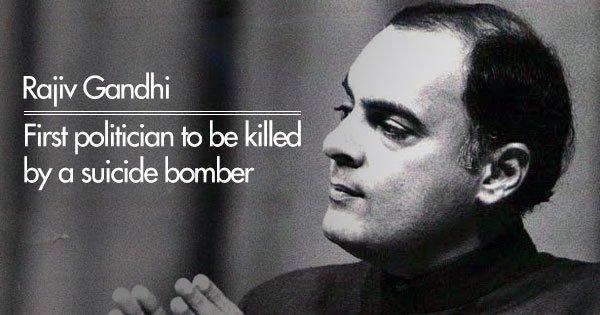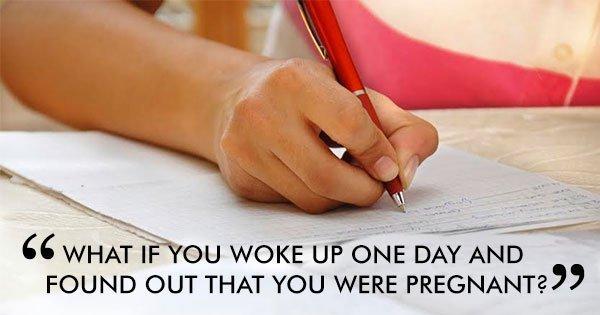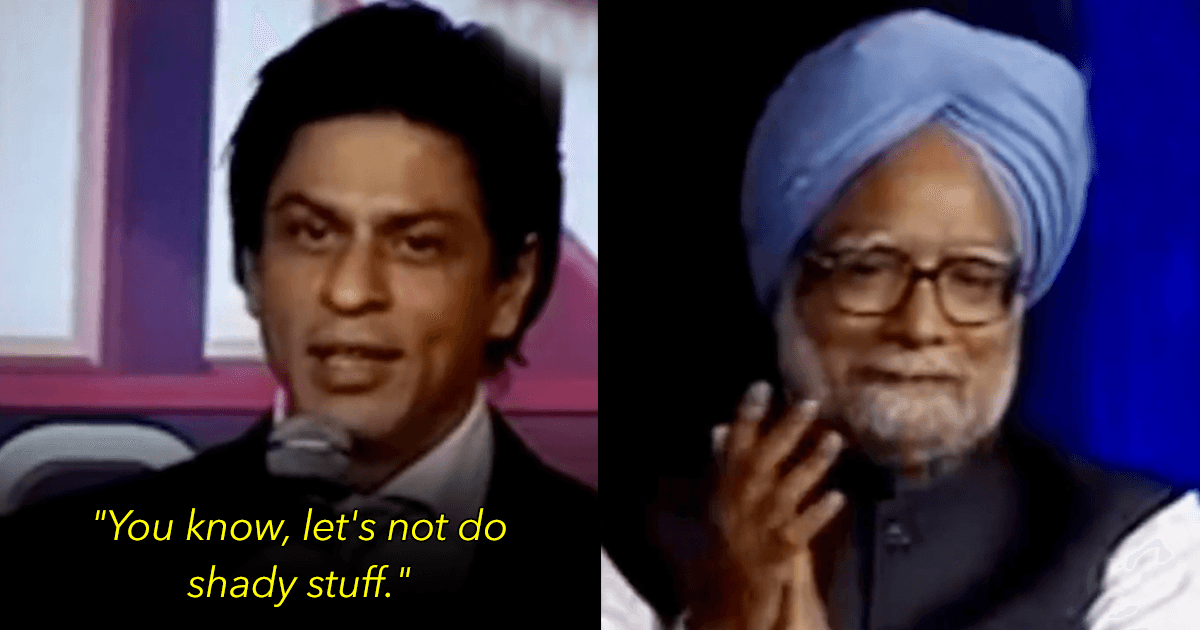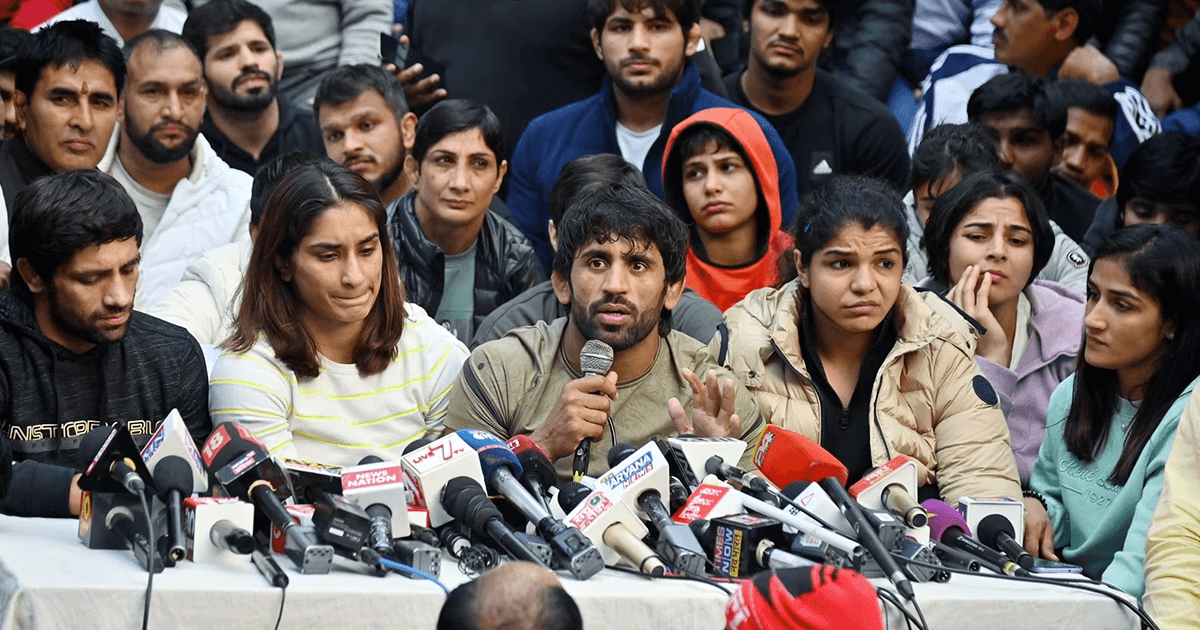After independence, while most of the princely states joined either India or Pakistan, there were a few that wanted to remain independent. The autonomy of princely states to chose their own fate created a lot of frenzy back then. Jammu and Kashmir was one of these states.
The ruler of J & K, Maharaja Hari Singh, was reluctant to join either of the newly formed countries. Although, he signed a standstill agreement with Pakistan, when Pakistan launched a sudden attack on the state, the ruler urged Indian government for help. And that’s how J&K came to sign an Instrument of Accession with India.

But this Instrument of Accession (IoA), gave only limited powers to the Government of India. The ongoing war with Pakistan complicated the matters even more, and it was further compounded by the United Nations Security Council resolution. So, India gave a special status to the state under Article 370 of the Indian Constitution. This includes the state having a separate Constitution.
Here’s a look at how India governs J&K:
Through a separate Constitution
Jammu and Kashmir is the only Indian state to have a separate Constitution which was adopted in 1956, and came into effect on January 26, 1957. In fact, till 1965, the state had Sadr-e-Riyasat, in place of Governor, and Prime Minister in place of Chief Minister.
And unlike the Preamble of India, which starts with “We, the people of India”, the Preamble to the Constitution of J&K starts with, “We, the people of the state of Jammu and Kashmir.”

Not just the Constitution, Jammu and Kashmir is also the only state which is permitted to have its own state flag.
However, the flag cannot be hoisted alone. The Constitution of J&K makes it mandatory to hoist the state flag, alongside the Union flag of India, at all times.

Fundamental rights and duties of the people of J&K
The Directive Principles of the State Policy and fundamental duties of the constitution are not applicable to the state of J&K. And interestingly, Right to Property, which is denied as a fundamental right to rest of the India, is still guaranteed in J&K. So, apparently, J&K is the only state which doesn’t need to give a detailed record of the money flowing in the state, and where it is used!
One may find it difficult to believe but even the basic right, the Right to Education, has not been extended to J&K.

While the state may enjoy a special status, it goes without saying that we treat it just like any of the other states.
As per Article 3 in part 2 of the J&K constitution, “Relationship of the State with the Union of India:-The State of Jammu and Kashmir is and shall be an integral part of the Union of India.”

















